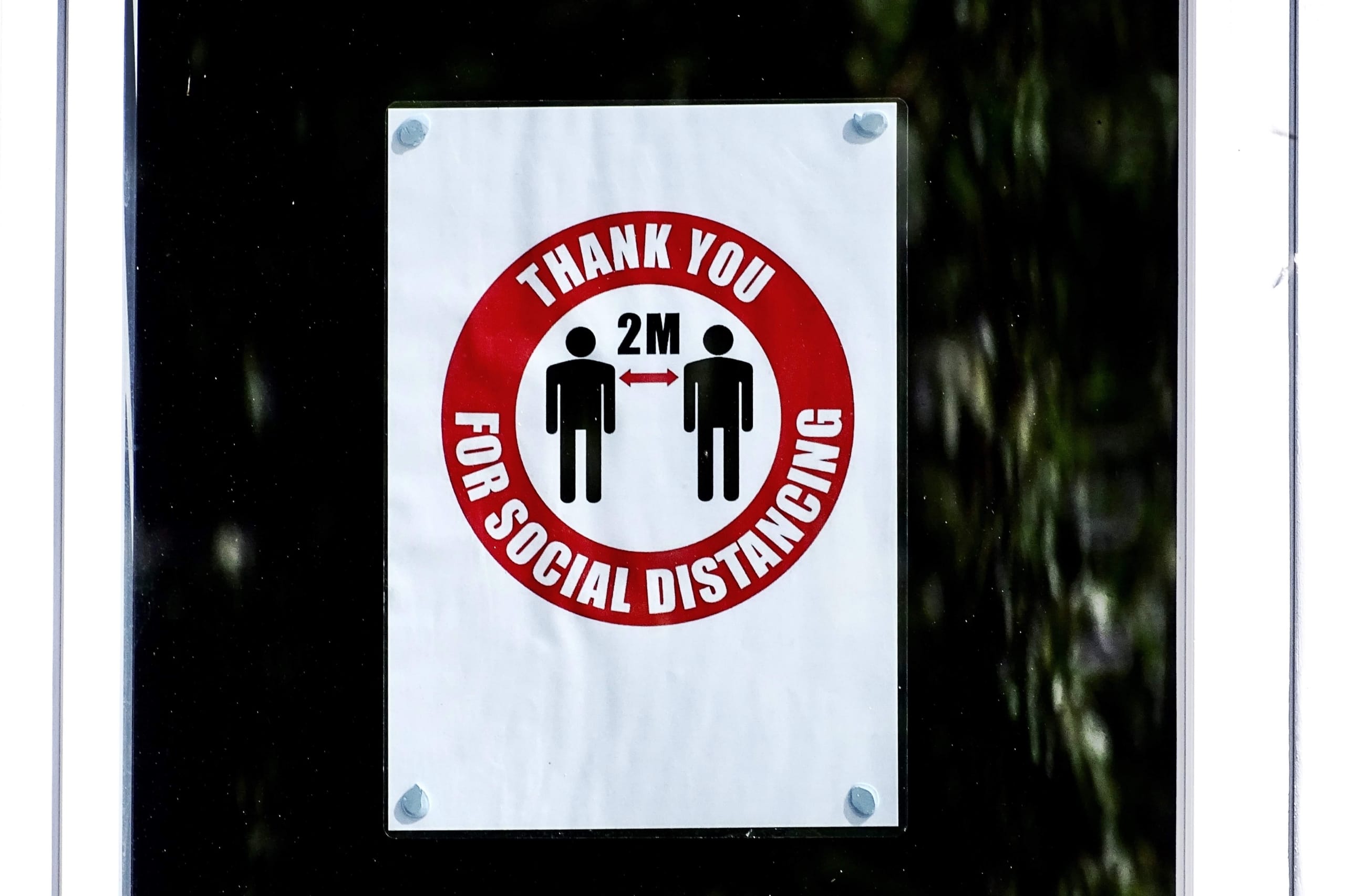Social Distancing
In the past year, people all over the world have been spending a lot of time alone social distancing. The COVID-19 global pandemic has been quarantining entire countries for months, and when then if people are exposed or ill. They have to go back into self- or government- or physician-imposed isolation.
For some people, being alone is a dream come true or not that much different than their normal routine. But for most, it’s been a shocking new reality and, in some cases, has led to depression and suicide.
Even before the pandemic hit, researchers knew that loneliness and social isolation were serious health threats. A 2018 survey by Cigna, showed that nearly half of the 20,000 adults surveyed always felt alone, while 40 percent reported that they felt isolated or that their relationships weren’t meaningful.
And that’s dangerous, says Julianne Holt-Lunstad, a professor of psychology and neuroscience at Brigham Young University, who says a lack of social connection is the same as smoking 15 cigarettes per day or having an alcohol problem. Loneliness and social isolation are twice as detrimental to physical and mental health as being obese, she says.
Mental Health
People over age 50 report higher levels of social isolation and loneliness, with a 50 percent increased risk of dementia, 68 percent increased risk of hospitalization, and 57 percent risk of emergency room visits, according to the Centers for Disease Control and Prevention (CDC).
And that was before the pandemic.
The CDC maintains that limiting face-to-face contact is the best way to reduce the spread of this virus. That means staying home if you can, staying at least 6 feet from people who are not from your household, plus wearing a mask, avoiding touching your face, and frequently washing your hands.
So how can you stay safe and still feel connected? Reach out! Thanks to 21st Century technology, this is so much easier than it was in the early 1900s during the Spanish influenza pandemic.
Coping
People who feel alone can safely socially distance while using email, text messages, and social media. Pick up the phone and actually call a friend or relative. Talk with loved ones over Skype or Face Time. Write a letter, send a card. Get on the internet, listen to the radio, or watch TV.
Call your local library and check out books and movies. During the pandemic, many have instituted remote pick-up and drop-off. And many will let you check out books remotely and download to your electronic device, like Kindle.
If you’re feeling really isolated and starting to worry about your mental health, if you’re having trouble sleeping, eating too much or not enough, using drugs or alcohol to deal with stress, it’s time to consult your physician or mental health professional. Many can schedule Skype or Face Time appointments.
Furthermore, if you are feeling overwhelmed or like you might hurt yourself or others, call 911 or the National Suicide Prevention Lifeline at 1-800-273-8255.
By Amanda Rogers for Surepoint Medical Centers
Social Distancing is a freelance writer based in Fort Worth, Texas
Surepoint Emergency Center is a modern emergency medical facility open 24/7/365. As an alternative to the traditional hospital ER experience, we offer convenience and minimal wait time, along with highly-trained emergency medical staff and state-of-the-art equipment.
Our top priority is bringing high-quality emergency care, quickly and easily to your family. We are committed to making patients feel better faster in a comforting and compassionate environment.
Fast convenient care in your neighborhood.



